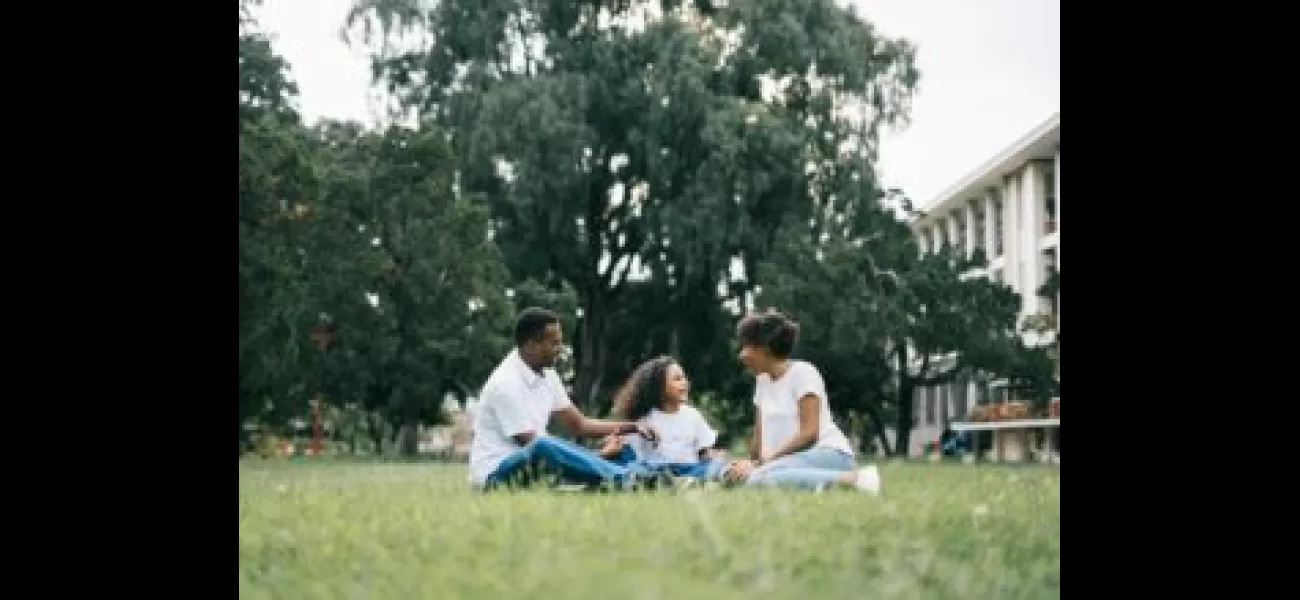25% of Black Americans want to become foster parents, but systemic bias is a barrier.
Black Americans 10% more likely to consider fostering/adopting children than other racial groups (1 in 3 have thought a lot about it, 25% have seriously considered it).
October 21st 2023.

Black Americans have a strong desire to become foster parents, yet they have been held back by a continuous cycle of racial discrimination in the foster care system. This is according to new research conducted by Kidsave International and Gallup, which was collected from March 22 to April 11 of this year.
The research revealed that one in three Black Americans have “thought a lot” about fostering a child - 10% higher than the average of other racial groups. 25% of Black adults have even seriously considered adopting a child from foster care or getting involved in a program to work with foster kids.
It’s a good thing that Black Americans are showing this interest. Even though Black minors only account for 14% of the U.S. population, 22% are in foster care. Unfortunately, the overrepresentation in the system does not translate to adoption rates. Black children have been found to be re-homed more consistently and less likely to be adopted than white children. Federal statistics and psychological research have found that paring Black children with Black parents increases the success rate of the adoption process, as it promotes a “culturally responsive foster care environment.”
However, the number of Black youth who need a home dramatically exceeds those who will adopt. This has led to many children falling through the cracks. The research conducted by Kidsave and Gallup has exposed a severe need for more Black care providers.
The difference, according to the study, is that Black Americans express a greater distrust in the foster care system than adults of other races. They also face more concerns regarding “age, stage of life and finances.” This means that foster organizations should put more resources into addressing the mistrust and implicit discrimination between Black caregivers and the system, in order to better support the Black youth who need homes.
The study suggests that more organizations should address these concerns to increase the number of caregivers available for Black youth. This will help to positively impact a child’s life and provide more foster homes for Black children in need.
The research revealed that one in three Black Americans have “thought a lot” about fostering a child - 10% higher than the average of other racial groups. 25% of Black adults have even seriously considered adopting a child from foster care or getting involved in a program to work with foster kids.
It’s a good thing that Black Americans are showing this interest. Even though Black minors only account for 14% of the U.S. population, 22% are in foster care. Unfortunately, the overrepresentation in the system does not translate to adoption rates. Black children have been found to be re-homed more consistently and less likely to be adopted than white children. Federal statistics and psychological research have found that paring Black children with Black parents increases the success rate of the adoption process, as it promotes a “culturally responsive foster care environment.”
However, the number of Black youth who need a home dramatically exceeds those who will adopt. This has led to many children falling through the cracks. The research conducted by Kidsave and Gallup has exposed a severe need for more Black care providers.
The difference, according to the study, is that Black Americans express a greater distrust in the foster care system than adults of other races. They also face more concerns regarding “age, stage of life and finances.” This means that foster organizations should put more resources into addressing the mistrust and implicit discrimination between Black caregivers and the system, in order to better support the Black youth who need homes.
The study suggests that more organizations should address these concerns to increase the number of caregivers available for Black youth. This will help to positively impact a child’s life and provide more foster homes for Black children in need.
[This article has been trending online recently and has been generated with AI. Your feed is customized.]
[Generative AI is experimental.]
0
0
Submit Comment





